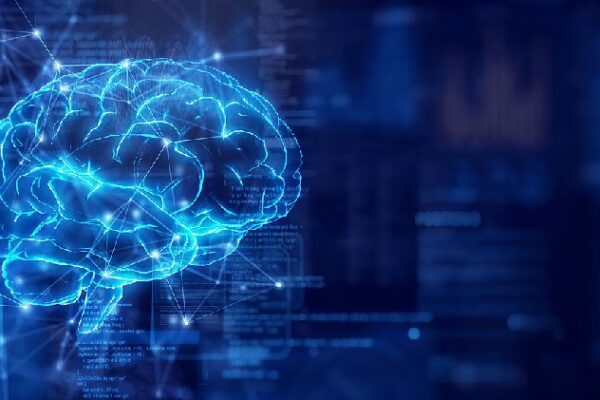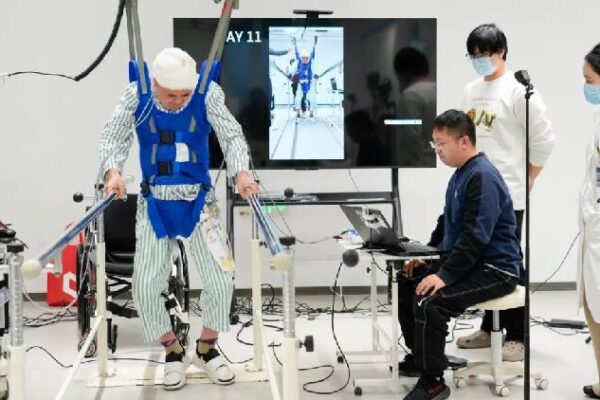The idea of Artificial Intelligence surpassing human intelligence, known as Artificial General Intelligence (AGI), has ignited lively debates among technologists worldwide. AGI refers to AI systems that possess the ability to understand, learn, and apply knowledge in ways indistinguishable from the human mind.
Research into AGI explores how machines can mimic the cognitive functions of the human brain, such as reasoning, learning, problem-solving, perception, and understanding language. This field encompasses a wide array of views regarding what AGI truly means and the timeline for its potential realization.
Some experts believe that AGI could be achieved within the next few decades, revolutionizing industries and everyday life. Others argue that significant scientific and technical hurdles remain, and that true AGI may be centuries away or perhaps unattainable.
The implications of achieving AGI are profound. Such advancement could lead to unprecedented innovations but also raises ethical questions about the role of machines in society, employment, security, and what it means to be human.
So, how far are we from the day when AI matches or surpasses human capabilities? The answer remains uncertain. What is clear is that as AI continues to evolve, the conversation around AGI becomes increasingly important, especially for the younger generation who will shape and be shaped by these technological advancements.
Reference(s):
cgtn.com








